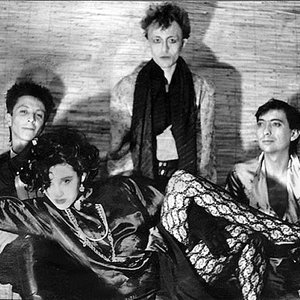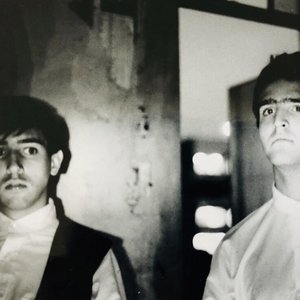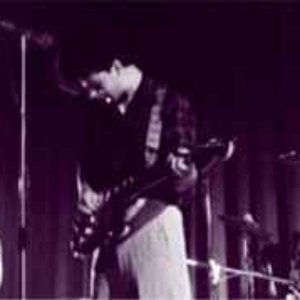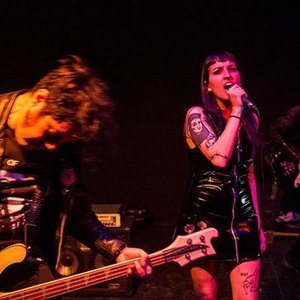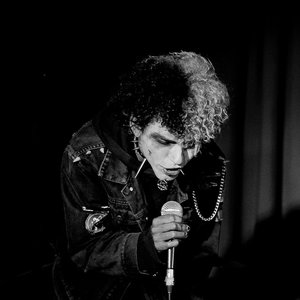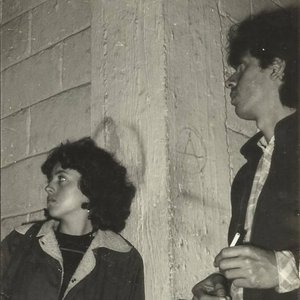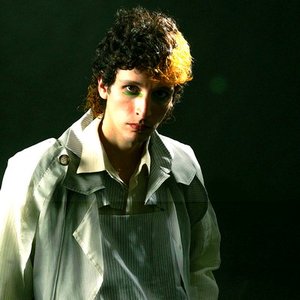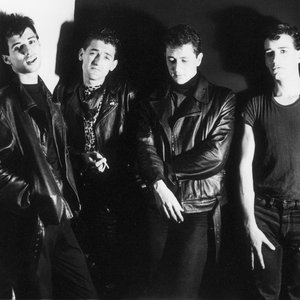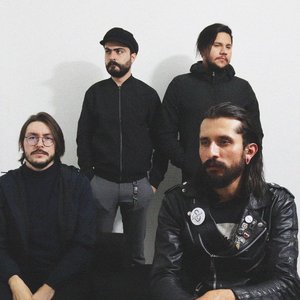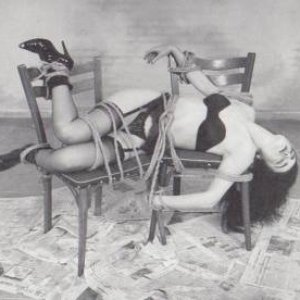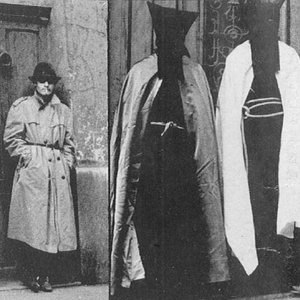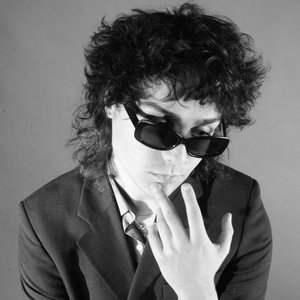Biography
"Las Ánimas del Cuarto Oscuro" is one of the most enigmatic Mexican projects of the 80s, because with the only album they released at the end of the decade they achieved a cult status. Toño Sánchez Uribe on vocals and synthesizers; Juan Ezcurdia on guitar and José Ezcurdia on bass, managed to bring together the experiences of eight years playing separately to form a style of rock with substance and release a full-length album without having to attract the attention of businessmen, promoters, record labels and other paraphernalia. They were in charge of forming the band in 1988, with which they quickly got to work on an album that is currently considered one of the greatest relics of national rock.
The band was born from another punk band in which Toño Sánchez and Juan Ezcurdia played. "Los Vomits". Then they were in several bands that did not make it out of the underground until 1988, when they met again. They started writing songs and with the addition of José Ezcurdia they managed in less than 2 months to write 8 songs, they started recording and the famous album "The Eye" came out at a time when everyone was looking to enter the mainstream, like Neón, Maldita Vecindad or Alquimia. The band's concept was coming down the low lane. In a way, they were playing against, to be in the real underground. That attracted attention. The name was born because Toño was writing solo songs and found the name "Las Ánimas" (a name he would use again when the band left) and because Juan and José were already "El Cuarto Oscuro", so the easiest thing to do was to call it "Las Ánimas del Cuarto Oscuro".
Their presentations went hand in hand with a show that had moving images, stages with televisions projecting static and contemporary dancers. In this way, they managed to place themselves in the media. They were lucky, because they managed to be played on the radio, which was difficult in those years. At that time Fernanda Tapia had done a couple of interviews with them in the magazine "Conecte", one about the group and another one about Toño's texts, which was added to a very positive review they got in the newspaper "Uno más Uno" and the attention that caused two songs to be played in the radio station "Espacio 59": "Pueblo Fantasma" and "Samarkanda".
In the eight months that the band lasted, they only had three official presentations, the first one with Maldita Vecindad, a couple of concerts at the LUCC and a private event. Then came a presentation at the "Hijo del Cuervo" in Coyoacán.
The place was full at the appointed time and the band started with the whole set of the LP Homónimo, everything went perfect, and they finished. However, when they started to disconnect everything behind the stage, the guitarist went to say that they had to go out and play all the songs again because his friends had arrived late and had not heard anything.
Obviously, Toño's answer was negative as well as the bass player's. That was the end, the friend picked up his equipment and disappeared.
Sanchez said in El Otro Rock Mexicano: "We thundered because of the same anarchy that dominated the group. We fell into debauchery. I've never made music for others, I've always been very selfish and that's why I've never been interested in selling, but in coinciding with people who are on the same journey as me. And when you do that in public, the sector of people who like your music respects you; but when that communication is obstructed, they lose it, something breaks. And that started to happen with Las Ánimas del Cuarto Oscuro". The group was so cryptic that not even in the credits did they write down the instruments played by each one of them, although it is necessary to recognize that this record was full of unusual, gray sounds, of chiaroscuro delivered more with the viscera than under a canon of preciosity. But its passage was fleeting and a year and a half after appearing, Toño Sánchez returned as a soloist under the name with which he would go through the nineties and the first years of the present century: "Las Ánimas."
Artist descriptions on Last.fm are editable by everyone. Feel free to contribute!
All user-contributed text on this page is available under the Creative Commons Attribution-ShareAlike License; additional terms may apply.

